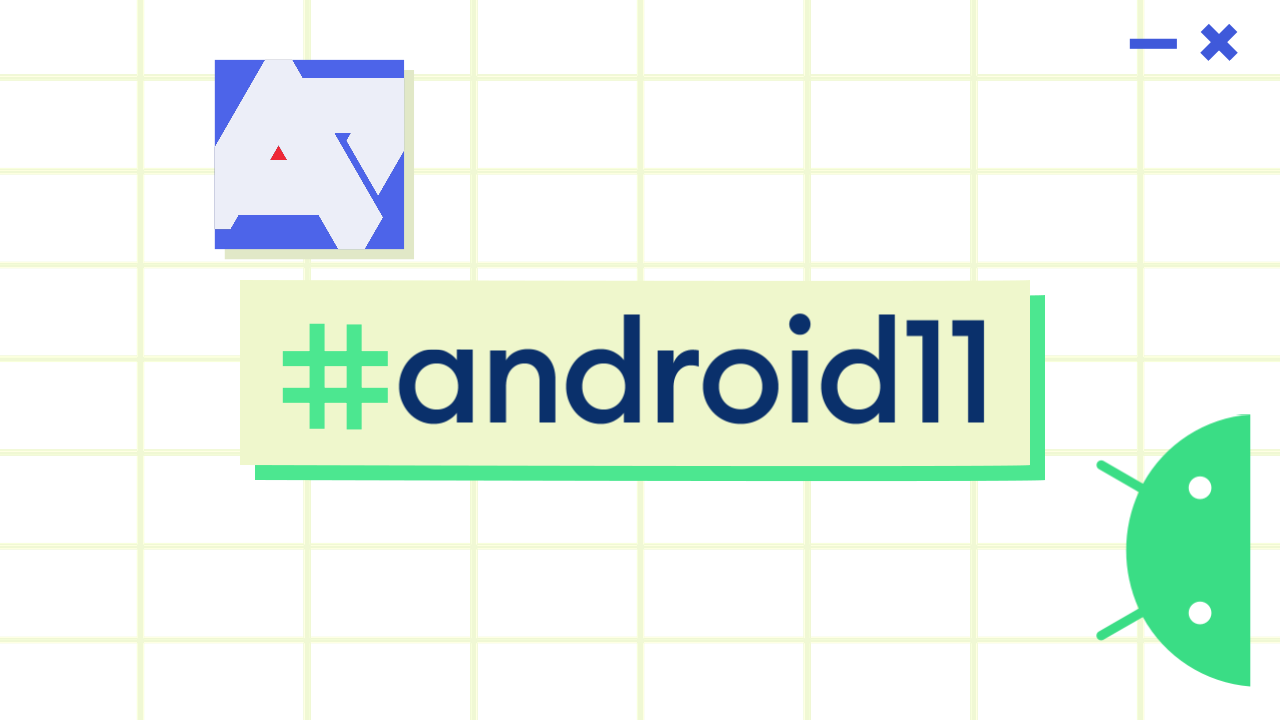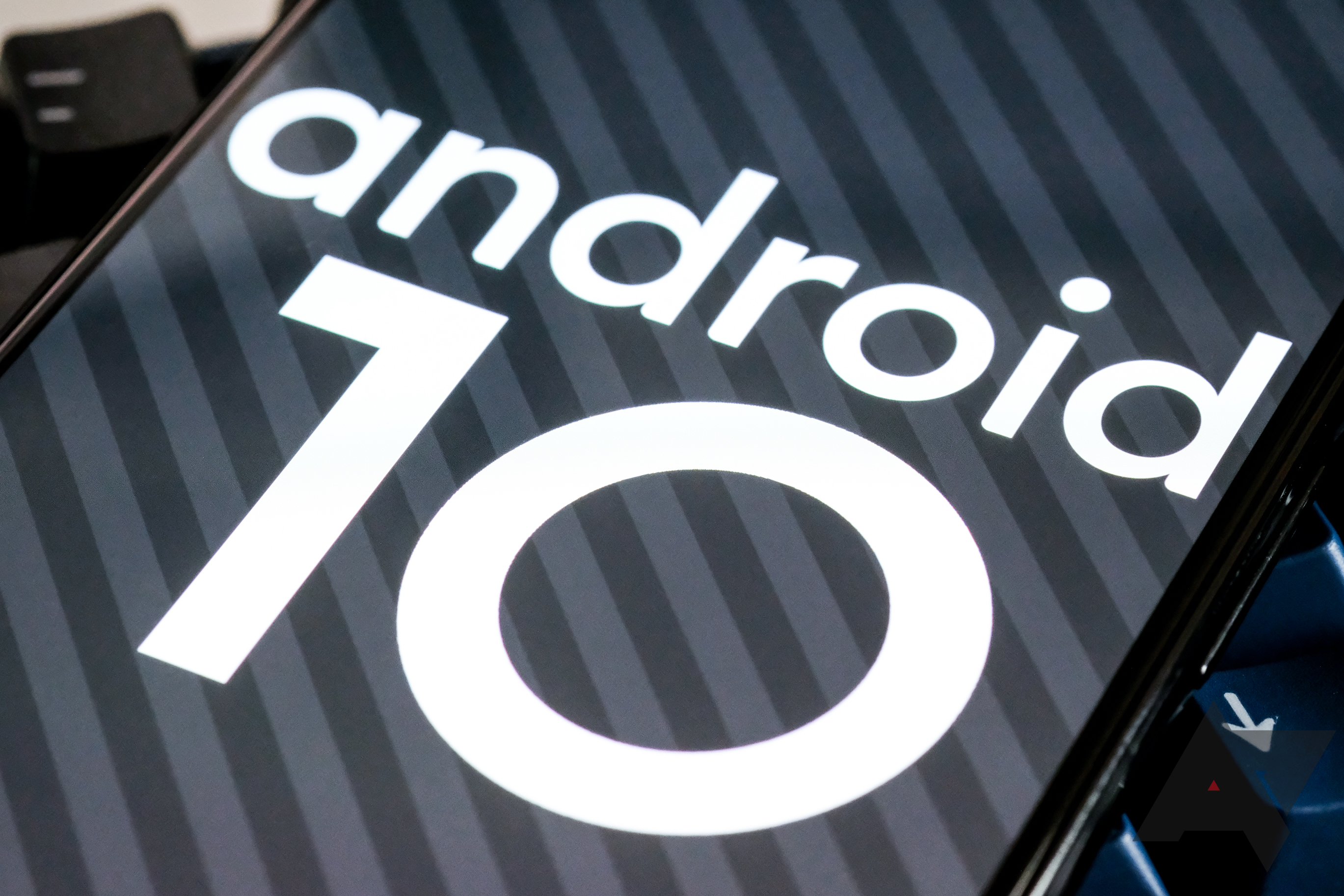latest

Google has built on the success of things like Project Treble to increase the pace of Android update rollouts. Last year, Android 10 was the fastest-deployed update ever. But it looks like Android 11 has just barely beaten the number of active users in the wild compared to the same time last year.

Future Android phones may get 4 years of updates, thanks to Google and Qualcomm
It's still up to phone companies to deliver, but new chips will make it possible
In what might prove to be the biggest Android news story of the week, today Google announced that all of Qualcomm's future chipsets, starting with the upcoming Snapdragon 888, will support three Android OS updates and four years of security updates. In layman's terms, that means some new phones landing in 2021 will probably get an extra year of updates — assuming OEMs step up to the plate and follow suit.

Critics of Android are always quick to point out its very real fragmentation issue, and how long it takes for major version updates to land across the ecosystem. But it's less of a problem with every major update, and that's culminated with last year's Android 10 release. Between Treble, GSIs, and Project Mainline, Google has been making a good dent in update uptake in the last two years, and Android 10 has seen the fastest adoption of any Android update ever.

Android is built on top of the Linux kernel, but it has always used a heavily-modified version with changes from OEMs, chip manufacturers like Qualcomm and MediaTek, and Google. There have been efforts over the years to close the gap between the two kernels, but now Google is getting more serious about it.

We're all familiar with Android's dirty "F" word: fragmentation. Turns out, we can't really depend on phone manufacturers to keep devices updated out of the goodness of their own hearts, so Google has been rolling out changes like Project Treble meant to make that job as easy for them as possible. Based on some recently published metrics, Treble is making a big difference.

Read update
- Following the publication of that video, Google's got a new Android Developers Blog post up where it talks a little more along this same line, again confirming:
Project Treble seems to be making a dent in the fight against Android's fragmentation problem, and one of the keys to its success relies on something called a GSI (Generic System Image) which is basically a super-stock, AOSP-based image of the Android framework, and a required part of testing Treble compliance. According to a talk at the Android Dev Summit last week, Google may give more devices an advance taste of later Android versions via an earlier GSI release schedule.

Google's Project Treble was created to help fight Android's dirty f-word (fragmentation), by making the update process easier and faster for OEMs. Separating vendor-specific code like SoC drivers out from Android itself was meant to help when it came to OS updates and the work required to push them out. Now Google is working on increasing just how modular Android can be with something called APEX.

When OnePlus released the OxygenOS Open Betas 13 and 11 for the OnePlus 5 and 5T, respectively, the company snuck in a little surprise in the form of support for Project Treble. That's a pretty big perk since Treble makes updates (and ROMs) easier for developers by further separating hardware from software when it comes to updating Android. Now that feature appears to have silently made its way to the OnePlus 5 and 5T with the recent Oxygen OS 5.1.5 update.

Read update
OnePlus' OxygenOS Open Betas give us an illuminating glimpse into the company's future software plans. Although it's possible that not every feature that makes it into the Open Betas will be deemed fit for stable release, they give us an advance look at the company's intentions, if nothing else. Today OnePlus has released a new pair of Open Betas for the OnePlus 5 and 5T, and the changes are quite substantial, including "Supported [sic] for Project Treble."

Project Treble, something that you might read in some of our reviews and comment sections, is an important shift in Android as we know it. One of the pieces of Oreo, Treble was Google's attempt to improve the terrible update situation we see on many third-party phones, especially from Samsung, Asus, and Huawei. So far, only a few manufacturers have implemented it to any noticeable degree, with others outright ignoring it until the last possible minute.

Read update
One of the most important features included in Android 8.0 Oreo is 'Project Treble,' Google's attempt to modularize Android. We covered it in detail here, but in a nutshell, Treble separates all the low-level device drivers (known as the 'vendor implementation') from the rest of Android. This makes updating phones/tablets to the latest version of Android much easier for manufacturers, as long as they already support Treble.

Easily the most annoying aspect of using an Android phone (with the exception of Pixel/Nexus) is slow updates. Android 7.1 (which came out last year) currently sits at 0.5% marketshare, and brand new phones are still being released with 6.0 Marshmallow. Google is aiming to solve this with "Project Treble," which will modularize part of the Android OS to decrease the time OEMs spend updating their devices.


